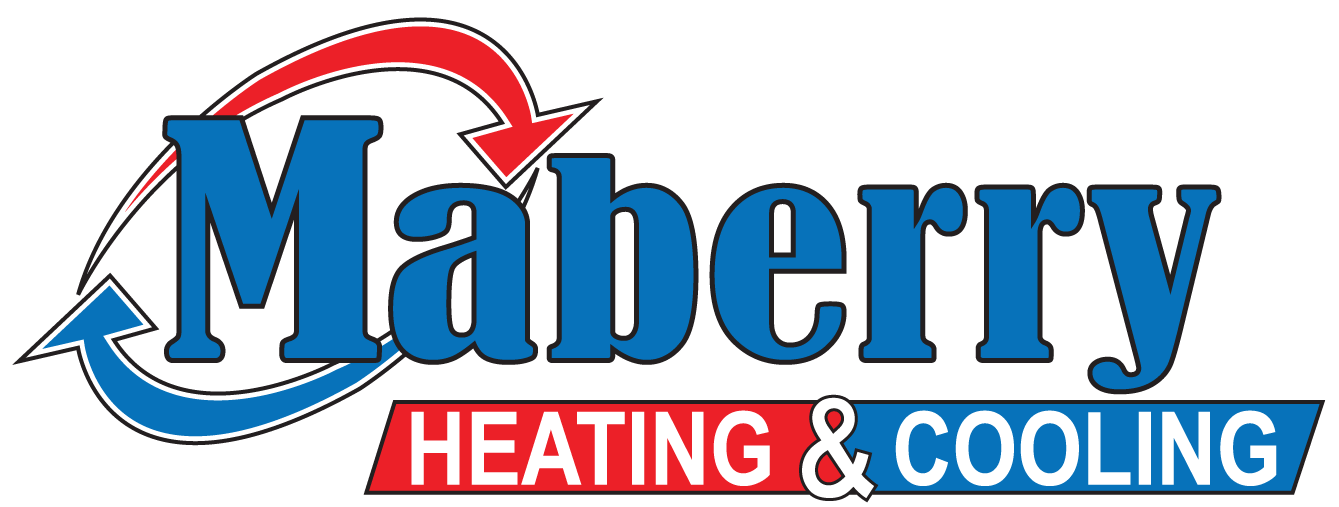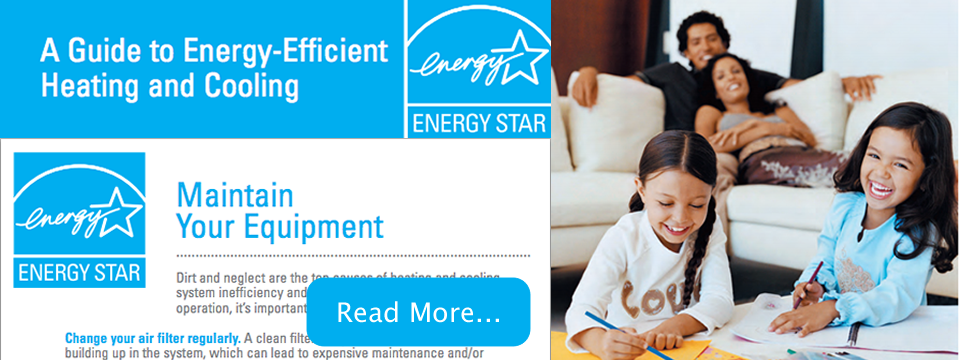 Dirt and neglect are the top causes of heating and cooling system inefficiency and failure. To ensure efficient system operation, it’s important to perform routine maintenance.
Dirt and neglect are the top causes of heating and cooling system inefficiency and failure. To ensure efficient system operation, it’s important to perform routine maintenance.
Change your air filter regularly. A clean filter will prevent dust and dirt from
building up in the system, which can lead to expensive maintenance and/or
early system failure. Check your filter every month, especially during winter and
summer months, when use tends to be heavier. Change your filter if it’s dirty—
or at least every three months.
Tune up your HVAC equipment. Proper maintenance by a qualified technician is
one of the most important steps you can take to prevent future problems.
Contractors get busy during summer and winter months, so it is best to check
the cooling system in spring and the heating system in the fall. Plan the checkups around the beginning and end of daylight-saving time each spring and fall.
Overall System Maintenance Checklist
Your contractor should complete the following each spring and fall:
Check thermostat settings to ensure the heating and cooling system turns on and off at the programmed temperatures.
Tighten all electrical connections and measure voltage and current on motors. Faulty electrical connections can cause your system to operate unsafely and reduce the life of major components.
Lubricate moving parts. Parts that lack lubrication cause friction in motors
and increase the amount of electricity you use. Lack of lubrication can also
cause equipment to wear out more quickly, requiring more frequent repairs
or replacements.
Check and inspect the condensate drain in your central air conditioner, furnace, and/or heat pump (when in cooling mode). If plugged, the drain can cause water damage in the house, affect indoor humidity levels, and breed bacteria and mold.
Check system controls to ensure proper and safe operation. Check the starting
cycle of the equipment to assure the system starts, operates, and shuts
off properly.
Inspect, clean, or change the air filter in your central air conditioner, furnace,
and/or heat pump. Your contractor can show you how to do this yourself.
Depending on your system, your filter may be located in the duct system versus
the heating and cooling equipment itself.
Additional System-Specific Maintenance Activities
For Heating Systems:
Inspect the flue piping for rusting and any disconnections or evidence of
back drafting.
Check all gas (or oil) connections, gas pressure, burner combustion, and heat
exchanger. Improper burner operation can be caused by a dirty burner or a
cracked heat exchanger—either can cause the equipment to operate less safely
and efficiently. Leaking gas (or oil) connections are also a fire hazard and can
contribute to health problems.
For Cooling Systems:
Clean indoor and outdoor coils before warm weather starts. A dirty coil
reduces the system’s ability to cool your home and causes the system to run
longer, increasing your energy costs and shortening the life of your equipment.
Check your central air conditioner’s refrigerant charge and adjust it if
necessary to make sure it meets manufacturer specifications. Too much or too
little refrigerant charge can damage the compressor, reducing the life of your
equipment and increasing costs.
Clean and adjust blower components to provide proper system airflow. Proper
airflow over the indoor coil is necessary for efficient equipment operation
and reliability.
Taken as excerpt from EnergyStar.gov

